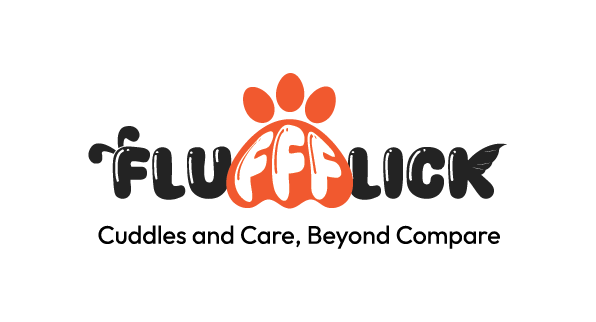Dog anxiety is a common issue that many pet owners face. Whether triggered by loud noises, separation, or changes in routine, anxiety can lead to destructive behaviors and stress for both dogs and their owners. While professional help and medications are available, there are several natural methods to help alleviate your dog’s anxiety. Here’s a guide to some effective natural strategies you can try.
1. Create a Safe Space
Designate a quiet area in your home where your dog can retreat when feeling anxious. This space should be comfortable and filled with their favorite blankets and toys. Consider using a crate or a cozy corner where they can feel secure.
2. Establish a Routine
Dogs thrive on routine and predictability. Establishing a consistent daily schedule for feeding, walks, playtime, and bedtime can help your dog feel more secure. When your dog knows what to expect, it can reduce anxiety levels.
3. Provide Regular Exercise
Physical activity is crucial for reducing anxiety in dogs. Regular walks, play sessions, and mental stimulation through games or training can help burn off excess energy and reduce stress. Aim for at least 30 minutes of exercise each day, adjusting based on your dog’s breed and energy level.
4. Use Calming Aids
Several natural calming aids can help ease anxiety:
- Herbal Supplements: Consider using natural supplements such as valerian root, chamomile, or passionflower, which are known for their calming effects. Always consult your veterinarian before introducing any new supplements.
- Adaptil: This synthetic pheromone mimics the calming pheromones released by mother dogs and can help create a sense of safety. Available in diffusers, sprays, and collars, Adaptil can be beneficial in reducing anxiety.
- CBD Oil: Cannabidiol (CBD) has gained popularity for its potential calming effects. Consult with your veterinarian about the appropriate dosage and product for your dog.
5. Use Music or Sound Therapy
Playing calming music or sound therapy can have a soothing effect on anxious dogs. There are specific playlists and albums designed for pets that can help create a relaxing environment. Consider using white noise machines or calming sound apps to mask loud noises that might trigger anxiety.
6. Practice Training and Behavior Modification
Positive reinforcement training can help build your dog’s confidence and reduce anxiety. Teach basic commands, tricks, or engage in obedience training. Gradually expose your dog to situations that cause anxiety, rewarding calm behavior and gradually increasing exposure over time.
7. Consider Aromatherapy
Certain essential oils can have calming effects on dogs. Lavender, chamomile, and frankincense are known for their soothing properties. Use an essential oil diffuser in your home or add a drop to a cotton ball and place it in your dog’s safe space. Be cautious with essential oils, as some can be harmful to pets. Always consult your veterinarian before using them.
8. Engage in Interactive Play
Engaging your dog in interactive play can help distract them from anxiety triggers. Use toys that encourage mental stimulation, such as puzzle toys or treat-dispensing toys. Spend time playing fetch or tug-of-war to keep your dog engaged and focused on positive activities.
9. Socialize Your Dog
Proper socialization can help reduce anxiety in dogs. Expose your dog to various environments, people, and other animals gradually. Arrange playdates or group training sessions to help your dog learn to feel comfortable in different situations.
10. Consult with a Professional
If your dog’s anxiety persists despite your efforts, consider consulting a professional dog trainer or a veterinary behaviorist. They can provide tailored strategies and may recommend additional treatments if necessary.
Conclusion
Reducing your dog’s anxiety naturally requires patience and consistency. By creating a safe environment, establishing routines, and utilizing natural calming aids, you can help your furry friend feel more secure and relaxed. Remember to consult with your veterinarian before making significant changes to your dog’s routine or introducing new supplements. With the right approach, you can improve your dog’s quality of life and foster a happier, calmer companion.

